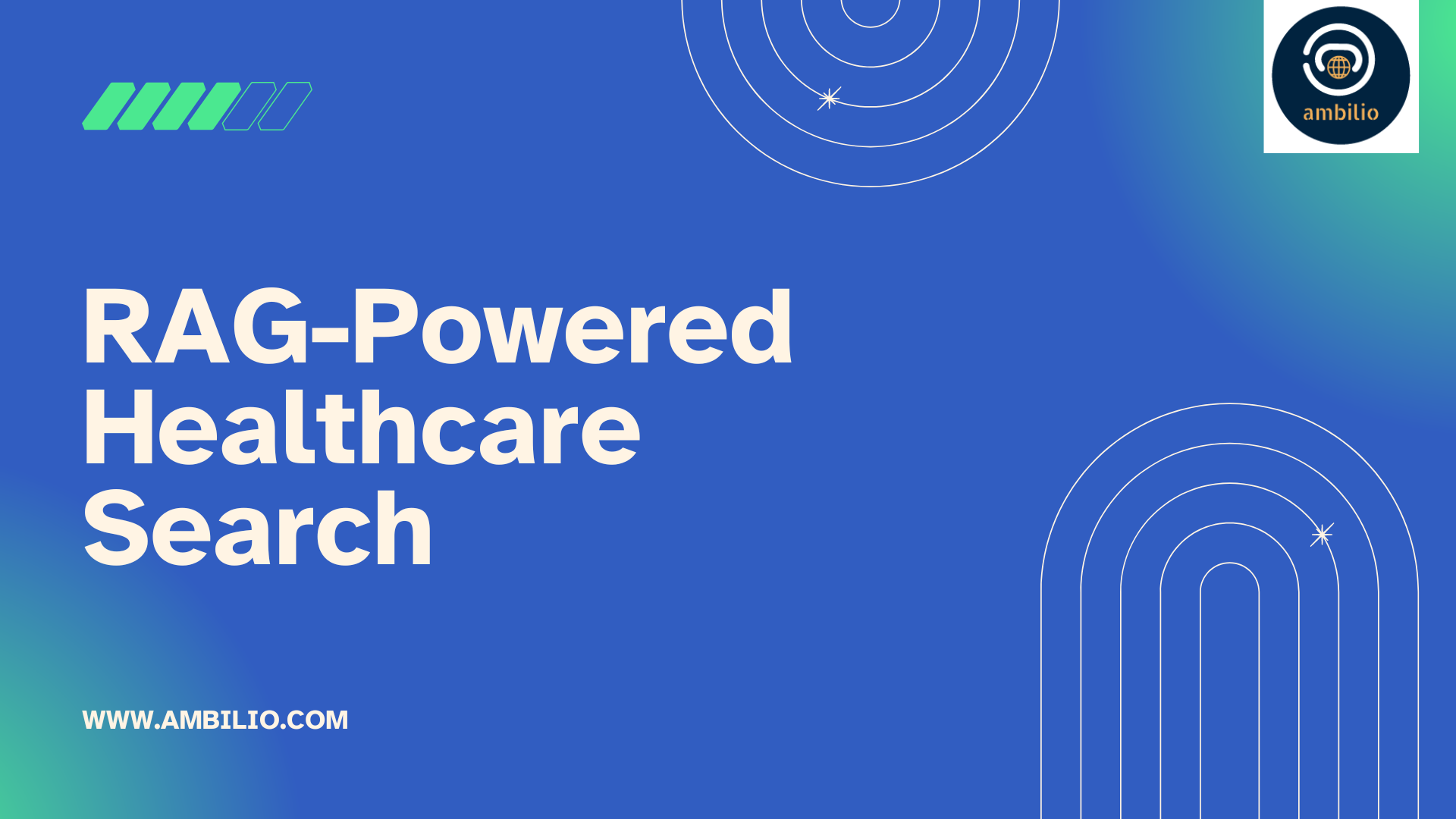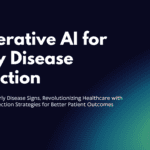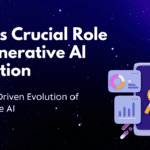In the ever-evolving landscape of healthcare, the demand for quick access to relevant information has never been more critical. Healthcare professionals, particularly doctors, often grapple with vast amounts of patient data dispersed across electronic health records (EHRs), medical literature, and databases. Traditional methods of information retrieval can be time-consuming and inefficient, leading to delays in diagnosis, treatment, and ultimately, patient care. Enter Retrieval Augmented Generation (RAG) – a groundbreaking approach that seamlessly integrates advanced language models with search technology to revolutionize healthcare search experiences.
Understanding RAG
At its core, RAG combines the strengths of two powerful natural language processing (NLP) techniques: retrieval-based methods and generative models. By harnessing the capabilities of large language models (LLMs) like GPT (Generative Pre-trained Transformer), RAG augments information retrieval processes with contextual understanding and generation capabilities. This synergy enables healthcare professionals to access, analyze, and utilize pertinent patient data with unprecedented speed and accuracy.
How Does RAG Work in Healthcare?
The RAG-powered Healthcare Search Experience operates through a series of integrated steps designed to facilitate seamless information retrieval and generation:
- Integration of LLMs with Search Engines: The process begins with the integration of advanced LLMs, such as GPT-4 or similar models, with existing healthcare search engines. These models are pre-trained on extensive medical text data, enabling them to understand complex medical terminology and context.
- Data Retrieval: When a healthcare professional initiates a search query related to a patient’s medical history or condition, the integrated system leverages the LLM to retrieve relevant information from the patient’s entire medical record. This includes past diagnoses, treatment plans, medications, lab results, imaging studies, and other pertinent data.
- Natural Language Understanding: The LLM interprets the search query in natural language, allowing healthcare professionals to input queries in a conversational manner rather than relying on specific keywords or codes. This enhances user experience and makes information retrieval more intuitive.
- Contextual Understanding: In addition to retrieving data, the LLM comprehends the context of the query within the patient’s overall medical history. It can identify correlations, patterns, and relevant insights that may not be immediately apparent to the healthcare professional.
- Streamlined Workflows: By swiftly surfacing relevant information from the vast trove of medical records, the RAG-powered system streamlines healthcare professionals’ workflows. They can access critical data in real-time during patient consultations, leading to faster decision-making and more informed treatment plans.
- Decision Support: The RAG-powered system serves as a powerful decision support tool by providing healthcare professionals with comprehensive and up-to-date information at their fingertips. This aids in improving diagnostic accuracy, treatment efficacy, and overall patient care outcomes.
- Continuous Learning: As healthcare professionals interact with the system and provide feedback on the relevance and accuracy of retrieved information, the LLM can adapt and improve its performance over time through continuous learning.
Benefits of RAG-Powered Healthcare Search Experience
The integration of RAG into healthcare search experiences brings forth a myriad of benefits:
- Improved Efficiency: Healthcare professionals can access information swiftly, allowing them to allocate more time to patient care and quick decision-making.
- Enhanced Accuracy: By reducing the risk of overlooking crucial details within the patient’s medical record, the system contributes to more accurate diagnoses and treatment plans.
- Personalized Insights: RAG can personalize search results based on the patient’s unique medical history and current condition, facilitating more tailored care.
- Continuous Learning: The system can be continuously updated with new medical knowledge, ensuring that healthcare professionals have access to the latest information and advancements in the field.
Conclusion
In conclusion, the RAG-powered Healthcare Search Experience represents a significant leap forward in healthcare technology, empowering healthcare professionals with rapid access to vital patient data and driving improvements in patient care outcomes. As this innovative approach continues to evolve, its potential to revolutionize healthcare workflows and enhance clinical decision-making is unparalleled.



